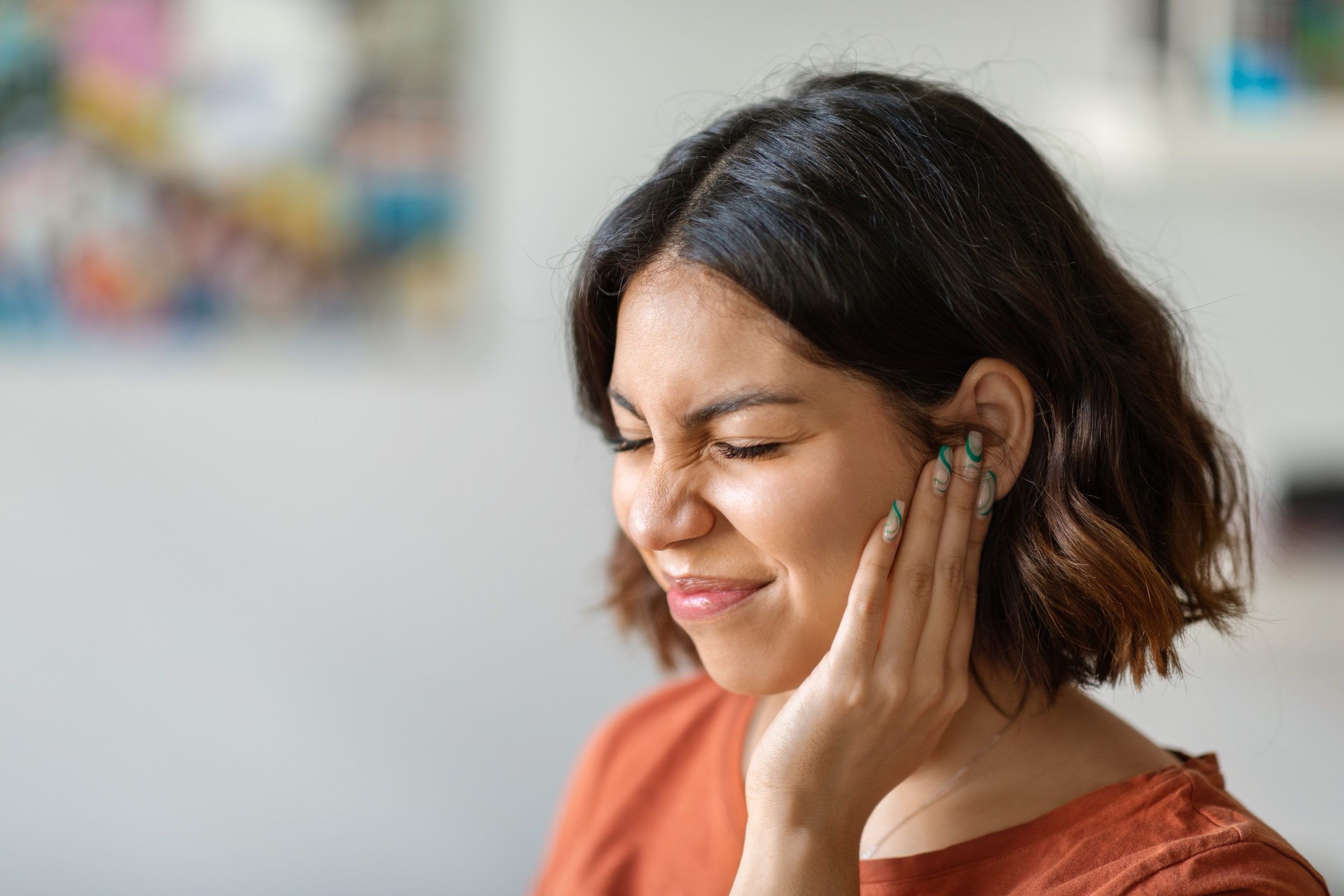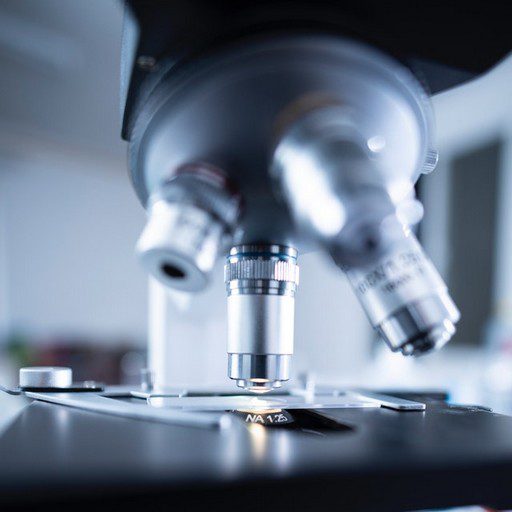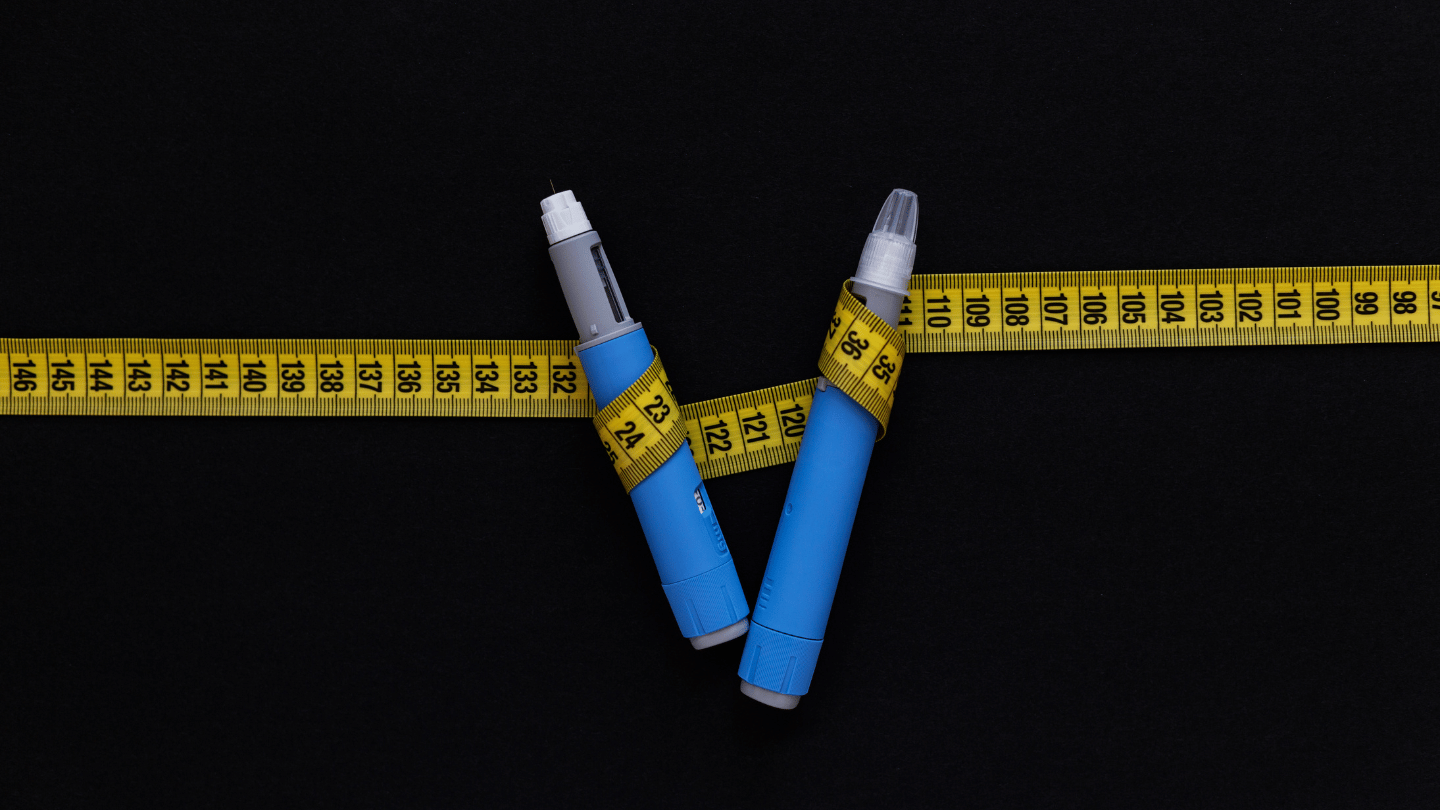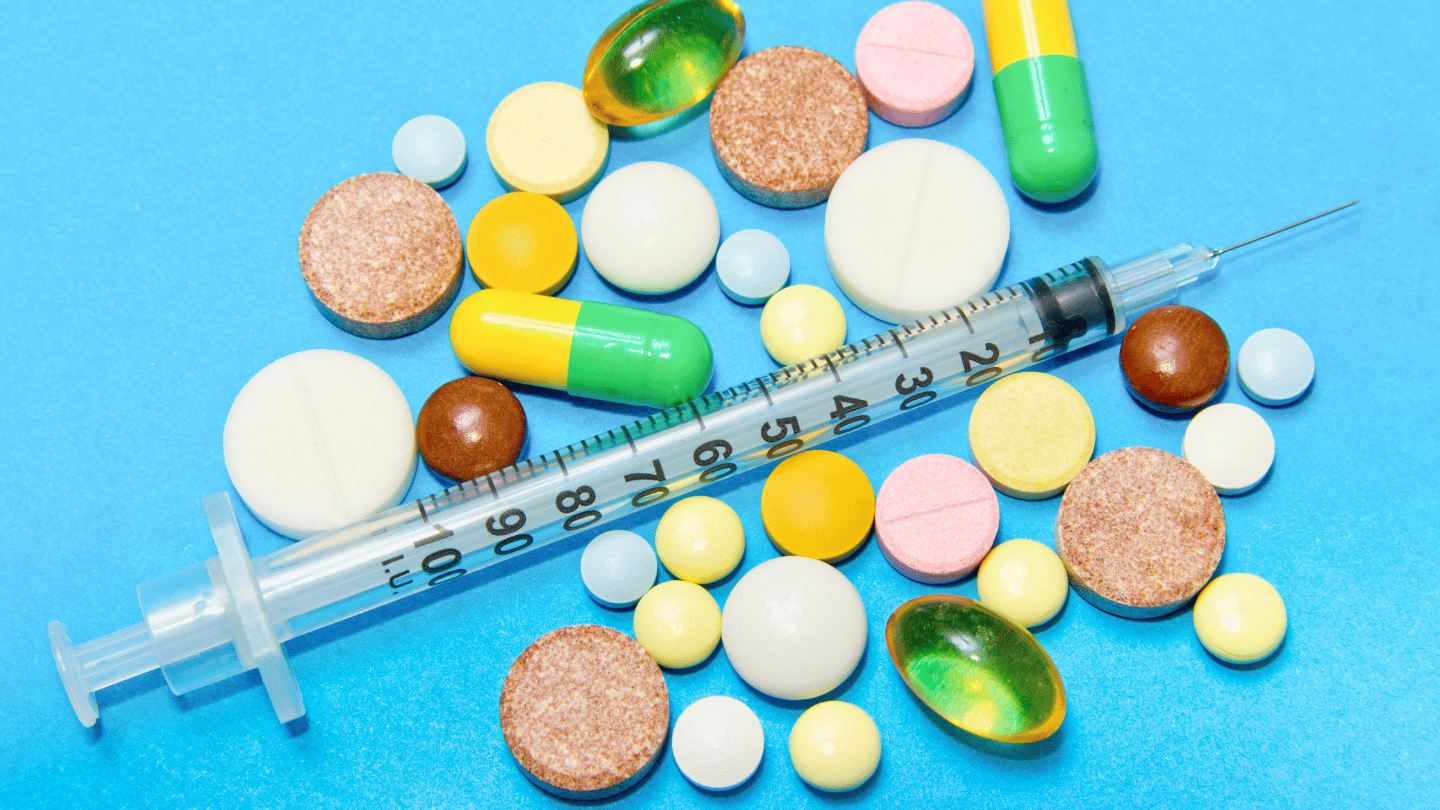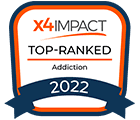Monkeypox has recently emerged as a significant health concern, spreading far beyond its usual endemic regions in Africa to countries around the world, including the United States. With increasing cases reported, understanding what monkeypox is, how it spreads, and how it can be treated has become crucial.
While the virus shares similarities with smallpox, its lower fatality rate and different transmission methods offer unique challenges and opportunities for prevention and treatment.
Is Monkeypox Dangerous?
So, what is monkeypox, and how concerned should we be? Unlike its relative, smallpox, which was fatal in about 30% of cases before being eradicated in the 1970s, monkeypox has a significantly lower fatality rate, with only 1% to 10% of cases resulting in death. As a DNA virus, monkeypox is less likely to undergo radical changes, reducing the risk of unique mutants that could evade our vaccines.
Signs and Symptoms of Monkeypox
According to the Centers for Disease Control and Prevention (CDC), signs and symptoms of monkeypox include:
- Fever
- Headache
- Muscle ache
- Backache
- Swollen lymph nodes (masses in neck, armpits, groin)
- Chills
- Extreme tiredness
- Pus-filled red lesions appear 1 to 3 days after fever, similar to the rash of chickenpox, but all pox at the same stage
The illness typically lasts between 2 and 4 weeks.
Monkeypox Treatment and Prevention
No travel restrictions have been mandated, though the World Health Organization has expressed concern over potential outbreaks during superspreader events like summer festivals.
The US Government has a stockpile of smallpox vaccine, which can be made available to individuals exposed to monkeypox. When administered within four days of exposure, the vaccine can protect against monkeypox in about 85% of cases. If given after four days, it can help alleviate symptoms. ACAM2000 is a vaccine licensed for smallpox prevention in the United States, and JYNNEOS (Imvamune, Imvanex) is licensed for both smallpox and monkeypox prevention. These options are available for high-risk individuals, such as sex workers and certain members of the LGBTQ community, particularly gay men with multiple partners, empowering them to take control of their health.
TPOXX (tecovirimat) is a medication approved for treating smallpox, monkeypox, and cowpox, which are members of the same virus family. It works by preventing the virus from spreading in the body. It is also used to treat rashes that can develop from smallpox vaccination.
What to Do If You Suspect Monkeypox
If you suspect that you or a family member might have monkeypox, it is essential to see your family doctor or visit an emergency room physician. They will likely perform a simple test called a PCR, which stands for polymerase chain reaction.
This test can confirm the presence of the virus by swabbing one of the lesions and sending the sample to a lab for analysis. The results usually come back within a few days, and your doctor will discuss the next steps with you based on the results.
Get Help from QuickMD for Monkeypox Treatment
QuickMD offers accessible and professional telehealth services to help you get timely medical advice and treatment. If you suspect you have been exposed to monkeypox or need medical consultation, visit QuickMD to book an appointment with our experienced healthcare providers.

